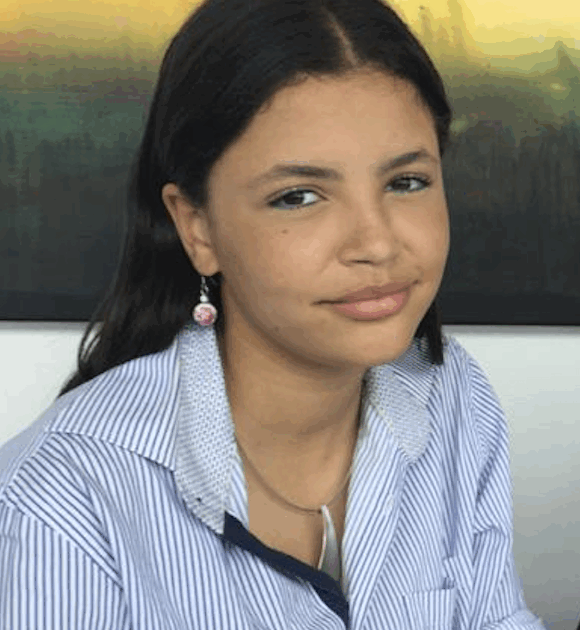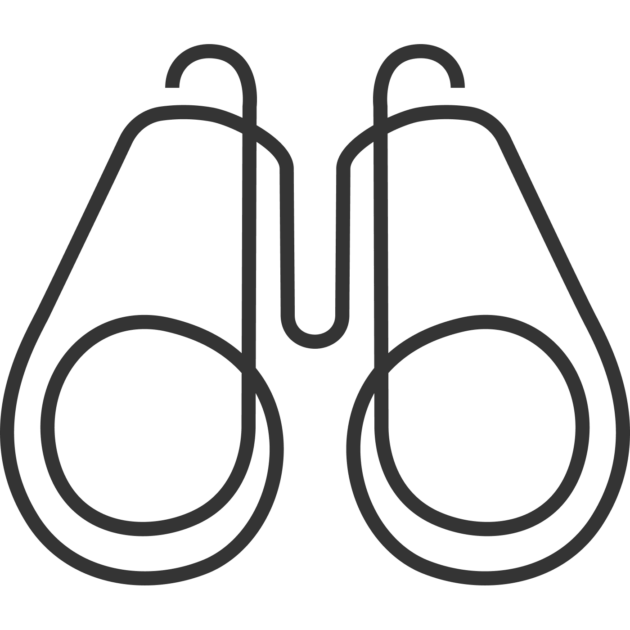
Before starting my internship, I believed I had a solid understanding of ethics, particularly through the lens of history. In my studies, I have explored ideas about justice and morality shaping revolutions and independence movements. Ethics, in this context, appears as a principle, explaining why people fought for change. However, this understanding was rooted in seeing ethics through a restrictive lens – something that happens after the fact, a way to make sense of the past.
Since joining the Nuffield Council on Bioethics (NCOB) as a research and policy intern, my perspective on ethics has broadened. Here, ethics is leveraged as a practical central force, actively shaping decisions in real time. I’ve seen how ethical thinking is applied to emerging scientific and medical challenges, helping to guide policy through inevitable trade-offs, protect public interest, and anticipate future dilemmas. This experience has shown me that ethics is not only about understanding what is right but it is also about ensuring those values are embedded in the systems and innovations set to define our future.
Supporting work within the mind and brain priority area has immersed me in neural organoid research – an emerging field that raises profound ethical questions about the nature of consciousness, identity, and opportunities for revolutionary scientific progression. Engaging with expert perspectives on this topic has challenged me to think critically about how we weigh the potential for scientific discovery against the moral responsibility to respect nascent biological complexity.
I also had the opportunity to work with the communications and engagement team, learning the tactics that are used to ensure the NCOB’s ethical analysis reaches those who need its insights. I have learned how strategic this process is from identifying key stakeholders and crafting accessible messaging to engaging decision makers in in timely and priority driven ways.
I was fortunate to attend a working group meeting on the 14-day rule in embryo research, a topic that sits in the reproduction, parenthood and families priority area. The discussion was intellectually rich and emotionally charged, revealing just how layered and complex ethical decision-making can be in this space. What stood out to me was the diversity of perspectives in the room, it was a powerful reminder that ethical questions are rarely black and white. I was particularly struck by how the conversation acknowledged technical and legal considerations, but also the emotional and symbolic weight that embryos carry for many people.
Being part of this process gave me a clearer understanding of how the NCOB operates as a convener of thoughtful and inclusive debates. It showed me how ethics can be made practical through collaboration, and how policy can be shaped by listening carefully to a wide range of voices. This experience has sharpened my own ability to think critically, listen openly, and engage constructively with complex ethical issues.
The power of the NCOB’s work is that it does not remain confined to academic or advisory circles, it enters debate to inform legislation and regulation, offering guidance to those needing to make often difficult decisions. Ethical leadership in the field requires a commitment to communicate with purpose, helping to improve understanding so that ethical research can be translated into real-world impact.
This internship has been a powerful lesson in the dynamic interplay between the past, present, and future. As a history student, I’ve always been drawn to the enduring questions of the human condition, but my time at the NCOB has shown me how these questions resurface in new and urgent forms through scientific and technological advancement.
Being a part of the NCOB team has been a thrilling and enlightening experience. It has deepened my understanding of what it means understand the role of ethics beyond theory. I have learnt that true progress requires innovation, demands reflection, dialogue, and a commitment to equity and integrity. As we move further into the unknowns of biomedicine, the NCOB’s work ensures that we carry forward our most deeply held values and critical past lessons. It is an honourable commitment I have been proud to contribute to, and I am sure my time here will continue to shape how I think, work, and engage with the world.
